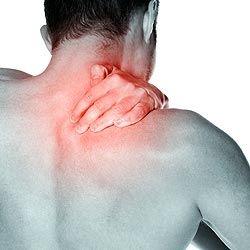This article is intended for informational purposes only and is not a substitute for medical advice.
Over the years, alternative medicine has become a popular approach to relieving everything from back pain to depression. Aromatherapy, acupuncture, crystal therapy and many more are common replacements to the traditional doctor's office visit. Another method of alternative healing is medicinal cannabis.
Advertisement
Dating back to ancient Chinese medicine, there has long been a following of this “magical” herb, praised for its soothing and hallucinogenic qualities [Source: Guy, Whittle and Robson]. Though recreational use of the drug is still illegal in the U.S., the popularity of the drug for medicinal purposes is on the rise. With more states legalizing medical cannabis each year – currently 17 states and the District of Columbia have passed legislation governing the drug’s use for medical purposes [source: NORML] - the substance is increasingly being used to help treat these five common ailments.



